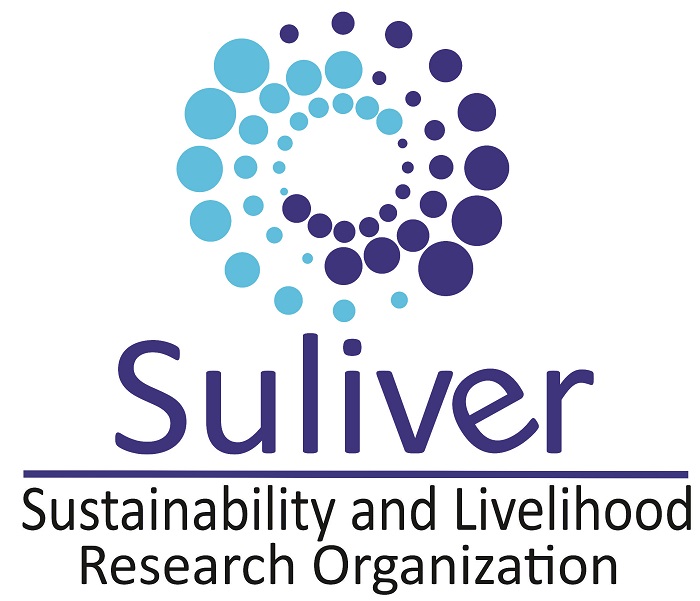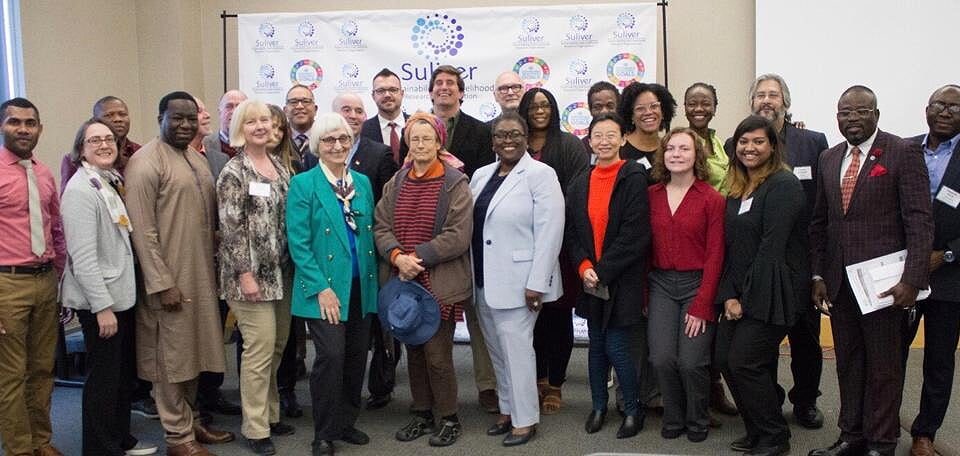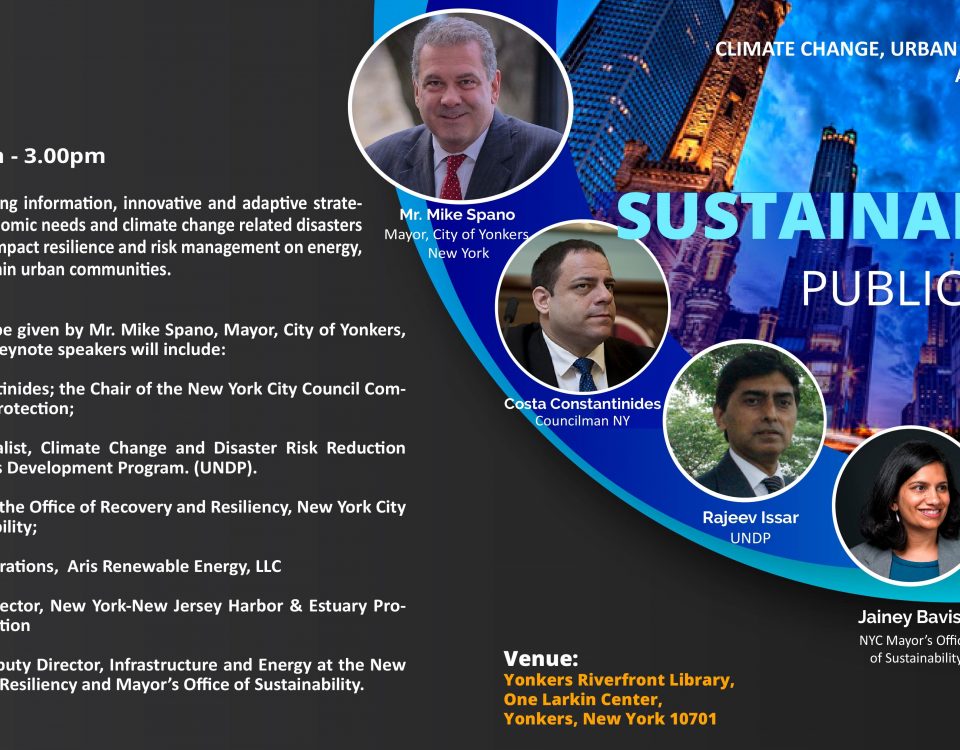
Ocean Temperature at it’s highest in 2018, and only rising
February 24, 2019
America’s Unsustainable Healthcare System
March 4, 2019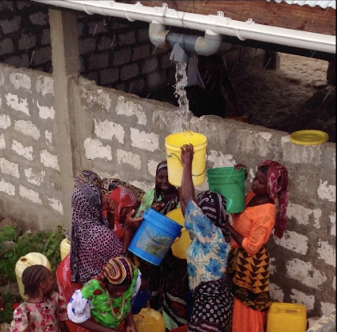
Islands of Hope: Adapting to Climate Change
Kokota is located in the Zanzibar Archipelago, off of one of the main islands, Pemba. Kokota is only one square kilometer, with a population of 500. For centuries, Kokota’s residents lived off harvesting the island’s natural resources, particularly their trees. Kokota’s overuse of trees led the natural resource’s depletion. The unsustainable rate of deforestation coupled with climate change caused unsuitable soil for farming and rivers ran dry, leaving many residents with little water to drink or cook with. The trees acted as a canopy blocking incoming heat before that heat could reach the ground. The rising temperatures caused soil erosion and rivers to run dry. The lack of moisture in the Kokota’s soil was not suitable for farming, so residents were not able to farm and lost food and income. The lack of fresh water forced residents to travel hours by boat to collect water. Kokota people were facing the challenges of climate change and were struggling to survive.
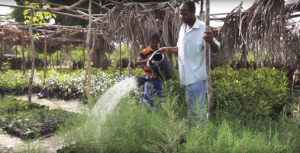
A resident from Pemba Island, Mbarouk Mussa Omar, was visiting Kokota and saw the damage climate change caused on the island. Omar did not want to see the same thing happen to his home and decided to find a solution to help his home as well as the residents of Kokota. He teamed up with Jeff Schnurr, a tree planter from Canada who was living in Pemba. Together Schnurr and Omar created the non-profit, Community Forests International (CFI), to help start and fund restoration projects for vulnerable communities. Schnurr focused on getting funding for their projects from abroad and received donations from many European countries. Local community members joined in on the project and seedling were grown on Pemba while the surplus was sent to Kokota. After successfully re-planting trees in his home, he focused on trying to help Kokota with their replanting. Unlike Pemba, Kokota faced the obstacle of not having the necessary water resources for growing their trees.
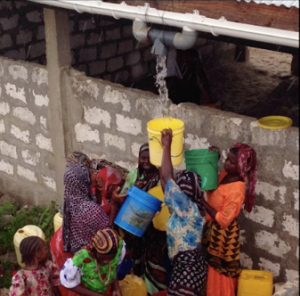
To address Kokota’s lack of a water source, CFI built Kokota’s first school with funding from the European Union Global Climate Change Alliance. The school building was built with the ability to harvest rainwater, with a tank that can hold 66,000 gallons of water. This water is shared among the community for drinking, cooking, as well as helping their trees grow.
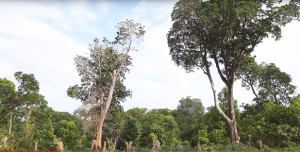
CFI’s climate change solution for the communities of Pemba and Kokota also provided the communities with economic development opportunities. CFI planted a variety of trees that not only protect the land from the heat of global warming but also provide the community with fruit and spices. The residents can use the fruit as a food source, and can sell the spices for income. Pemba is currently selling some of their spices to the cosmetic manufacturer LUSH. CFI also works with women in the community to grow more of a variety of vegetables in their garden. They can use the vegetables they grow for food, but also can sell the surplus for income. The main goal of CFI’s efforts is to help communities become sustainable and better equipped to live off their scarce natural resources. CFI hopes to share solutions in Kokota to help other communities that share the same vulnerabilities to climate change.
Contributed by Sabrina Marchese, a Suliver Intern.
